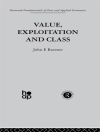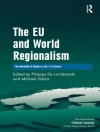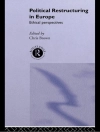Despite the appearance of political and military stability, Egypt may be standing at the edge of a precipice as the state remains grounded in rigid authoritarianism while the population, including a struggling civil society, readies itself to make the leap to democratization. This characterization has far-reaching implications for relations between citizens and the government, as well as Egypt’s foreign affairs posture, particularly in the Middle East. State repression of civil, political, and religious actors; the ineffectual provision of social services; and two religious divides, between Coptic Christianity and Islam on the one hand, and secular and conservative Islamic traditions on the other, make for an incendiary domestic environment. The resulting over-reliance on security services to quash dissent could result in a population more amenable to less democratic methods of regime change and/or the development of stronger linkages between regional Islamist groups, whether they be political, militant, or some combination thereof.Global Security Watch-Egypt explores the historical background that created the current realities in Egypt and examines the players and events influencing the nation today. It concludes with a series of recommendations for the Egyptian political establishment, and for the American government, in the belief that meaningful political and policy changes in Egypt can lead to an improvement in human rights, democracy, justice, stability, and security for Egypt, and an improved partnership between Egypt and the United States.
Sullivan Denis J. Sullivan & Jones Kimberly Jones
Global Security Watch-Egypt [PDF ebook]
A Reference Handbook
Global Security Watch-Egypt [PDF ebook]
A Reference Handbook
Cumpărați această carte electronică și primiți încă 1 GRATUIT!
Limba Engleză ● Format PDF ● Pagini 208 ● ISBN 9781567207569 ● Editura ABC-CLIO ● Publicat 2008 ● Descărcabil 6 ori ● Valută EUR ● ID 5920771 ● Protecție împotriva copiilor Adobe DRM
Necesită un cititor de ebook capabil de DRM












